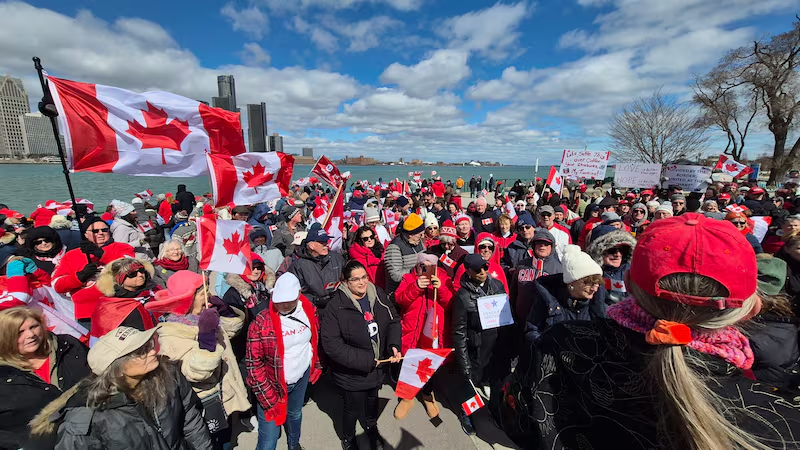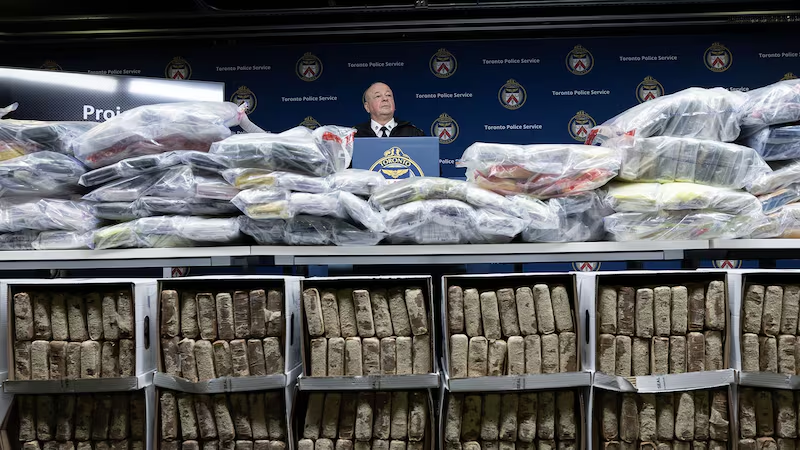Calgary — Heart palpitations, difficulty breathing and asthma attacks.
They’re all things 26-year-old Taylor Larson has had to live with in the three months since testing positive for COVID-19, even though she’s technically recovered from the virus.
"I had asthma as a young child but now that I’ve had COVID I’ve started having asthma attacks almost daily and I haven’t had an asthma attack since I was-six-years old," said Larson. "I’m finding it really difficult to work out and I get winded really easily.”
Larson contracted coronavirus in mid-August at a small funeral for a family member in a central Alberta hamlet.
She believed the chance of getting sick in such a remote area was slim. Still, she says her family took precautions — reducing numbers, spacing out chairs, using hand sanitizer, and only one person pouring beverages.
Larson was that one person and believes it's ultimately where she was exposed to COVID-19.
"It’s your family. You go into these environments with a sense of security and that’s a very dangerous things in times like this," she told CTV News. "At the end of the day you don’t know who’s got it and you don’t know every single surface that you’re touched.
Since the start of the pandemic, several outbreaks have been linked to funerals, including a gathering following the drowning deaths of three teenage girls in southern Alberta this summer.
Larson says only one other person got sick from the service she was at and it took some time before she realized what exactly she was sick with.
"I thought I had a sinus infection for the first few days and then it slowly got worse and worse," she said. "There was a good four to five day stretch where I couldn’t get out of bed.
“I physically couldn’t sit up and be upright for long enough to eat a full meal or read a book or anything like that.”
She is sharing her story in part out of frustration. Larson says she has witnessed and heard about gatherings of young adults, especially around Halloween.
“It makes me feel like there are so any people who aren’t taking this seriously and all it takes is one person at each of those parties to spread the virus to ten, twenty people who will then spread the virus to hundreds of people,” she said.
Larson hopes more Albertans step up and "do their part" by cutting down their cohorts.
She is also welcoming potential new restrictions and feels that the province should have a ‘circuit breaker’ shutdown for a few weeks, like dozens of Alberta doctors have been calling for.
“I think that listening to them would have saved a lot of lives, it probably would have saved a lot of people from getting very ill,” she said.
Like many Albertans, Larson says she is worried about her family and friends and hopes none of them have to experience the health impacts she has.
“I think it’s important that someone from my generation actually shares the story of how they got sick and how detrimental it’s been to my health. I think it’s important to start to take the responsibility into our own hands. We all have to do better," she said.























































































